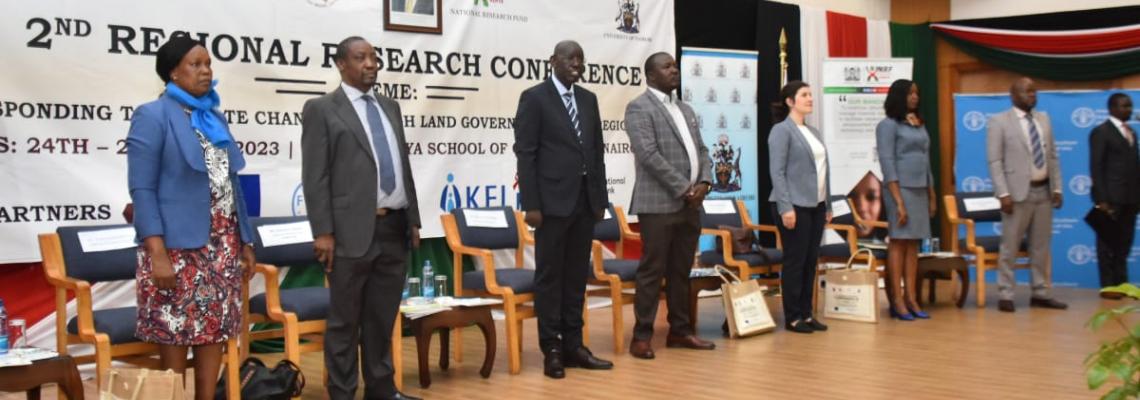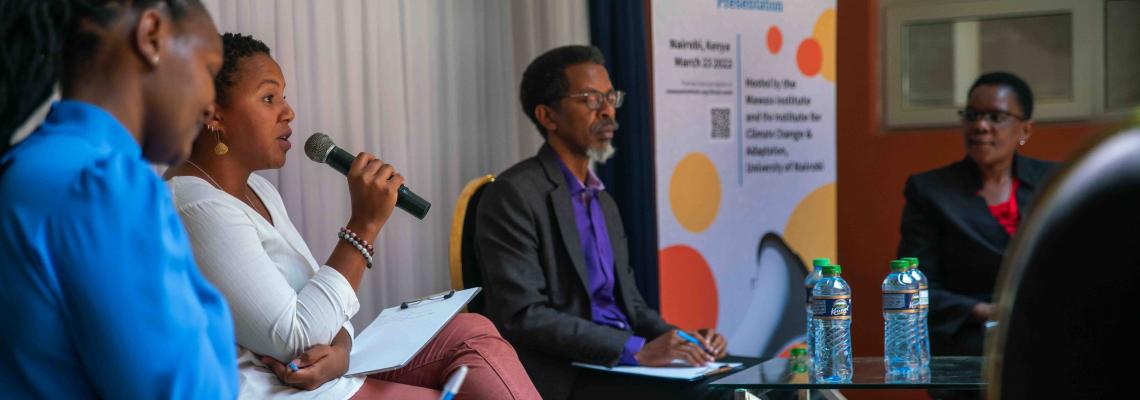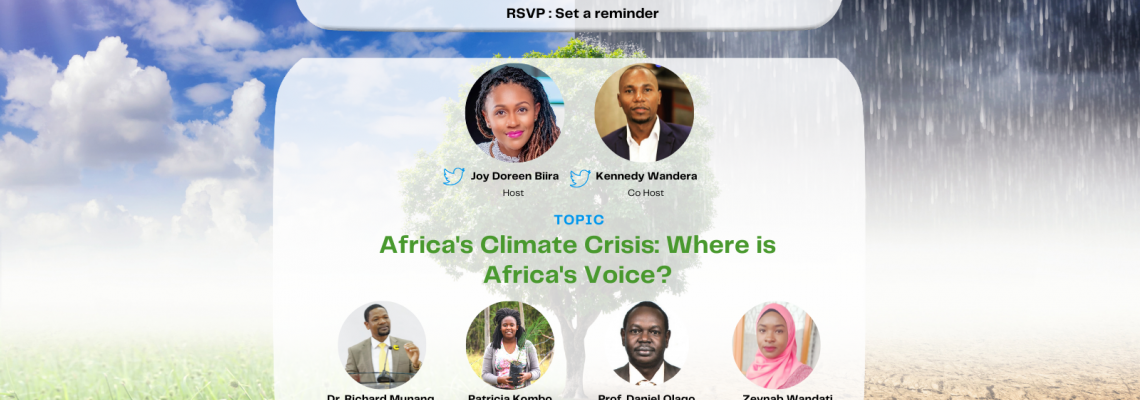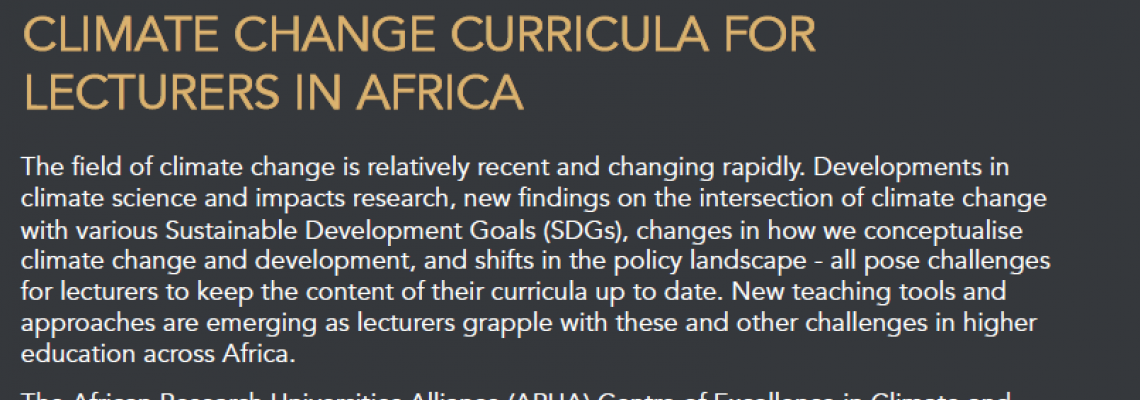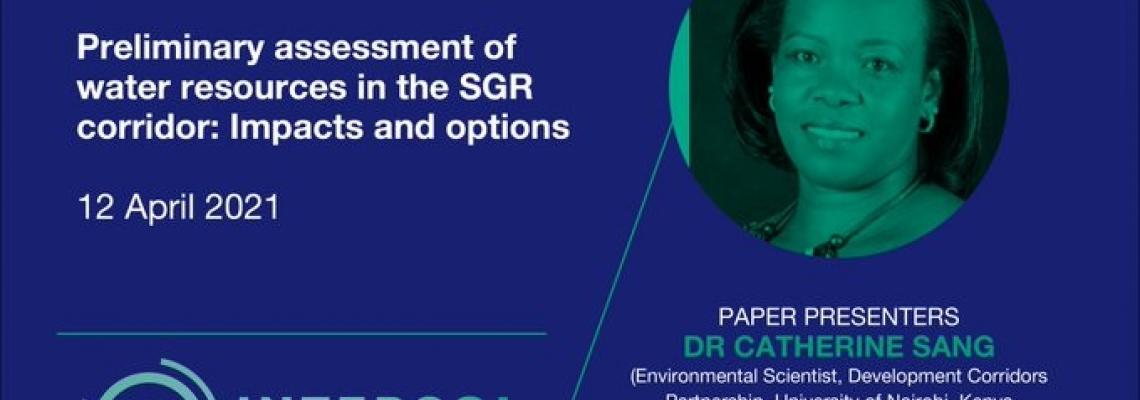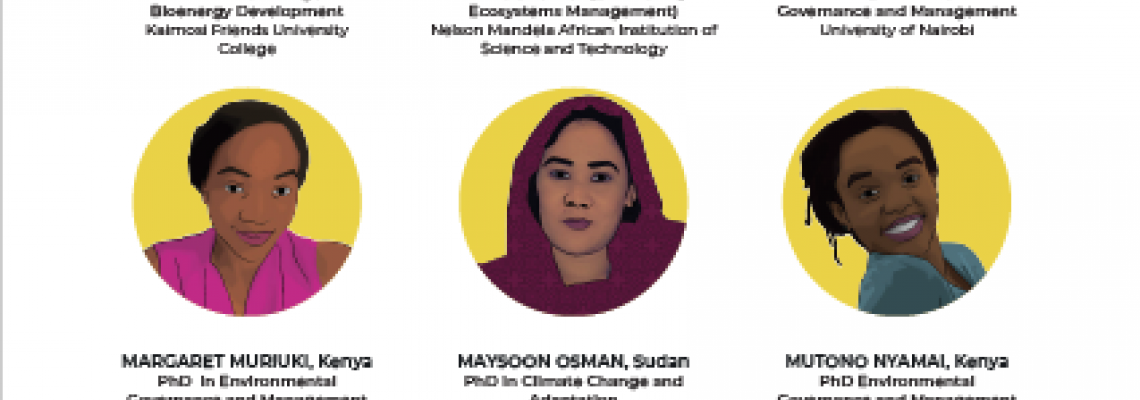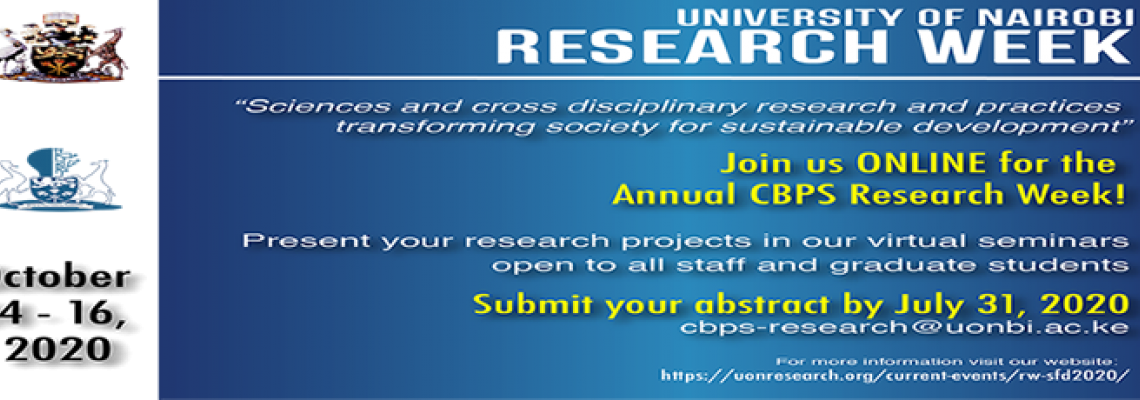Restoration of degraded grasslands, but not invasion by Prosopis juliflora, avoids trade-offs between climate change mitigation and other ecosystem services
Grassland degradation and the concomitant loss of soil organic carbon is widespread in tropical arid and semi-arid regions of the world. Afforestation of degraded grassland, sometimes by using invasive alien trees, has been put forward as a legitimate climate change mitigation strategy. However, even in cases where tree encroachment of degraded grasslands leads to increased soil organic carbon, it may come at a high cost since the restoration of grassland-characteristic biodiversity and ecosystem services will be blocked.

